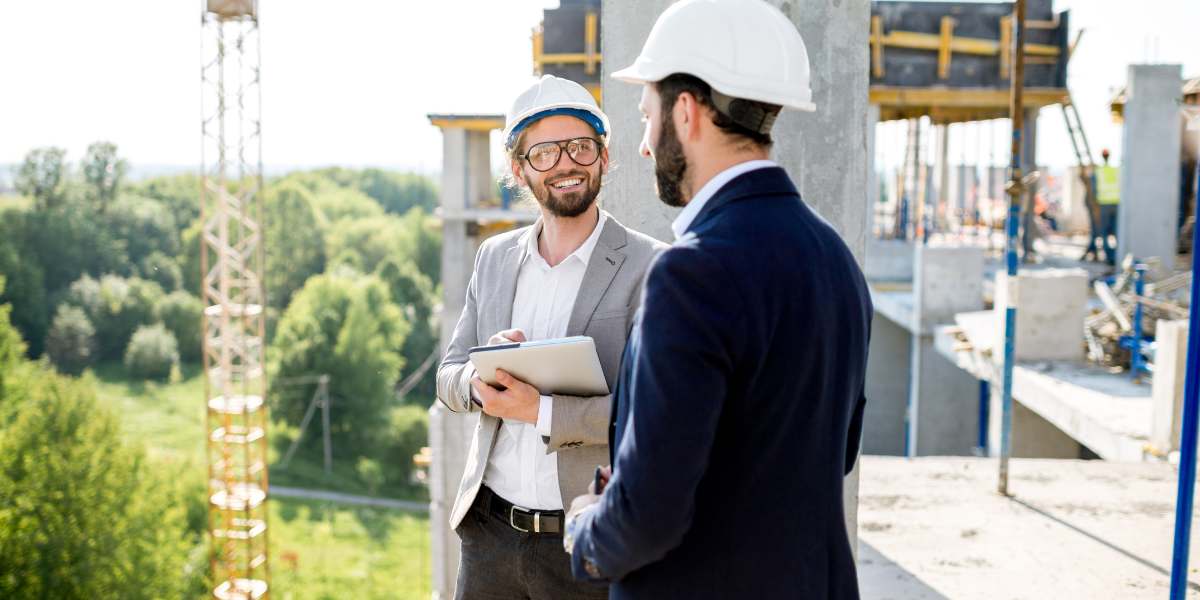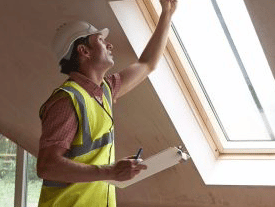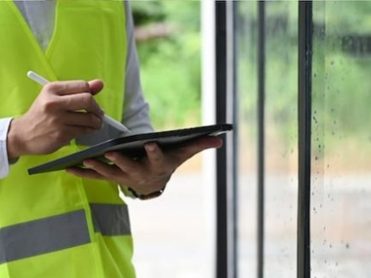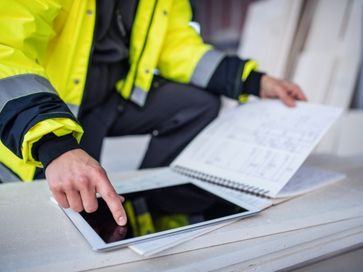Sometimes people doubt hey usefulness of a technical inspection for a newly built house. Everything is new, so the condition of the house will be good, right? However, a technical inspection for a new-build home has many advantages. Below, you can read more about them and the difference with a completion inspection.
> Read more about a technical inspection when buying a house
A technical inspection for a newly built house
A technical inspection, also known as a building inspection, for a newly built home differs in some ways from an inspection for an existing home, but it is still an important process to ensure that the new home meets building standards and is free from defects. Why do you need a technical inspection for a new-build home?
- Quality check: While you should expect a new home to be free of defects, problems can still arise during the construction process. An inspection helps to identify any defects or deficiencies in the construction before you move into the house.
- Guarantee and liability: If any defects are discovered during the inspection, the builder can fix them before you move into the house. This helps maintain the builder’s warranty and reduces potential liability issues later.
- Bargaining opportunities: If problems are found during the inspection, you have the opportunity to negotiate with the builder for any repairs or modifications before the purchase is completed. This may affect the purchase price or terms of the agreement.
Not sure what to focus on during an inspection? HuisAssist explains what to pay attention to.
How does a technical inspection for a newly built housework?
Roughly, the same procedure applies to having an older house inspected and having a new-build home inspected. The process is explained again below. The moment you have found an inspector, it may be useful to go through these steps again. That way, you will know what to expect and what to expect from the inspector.
- Select a technical inspector: Choose an independent and qualified building inspector to carry out the inspection. Make sure the inspector has experience in new construction projects and is familiar with local building regulations.
- Planning phase: The inspection is usually scheduled before the final payment is made to the builder and before you move into the house. This gives the builder enough time to address any issues.
- Inspection: The inspector will thoroughly examine the entire house, including the structure, foundation, electrical systems, plumbing, roof, insulation and so on. They will also check that everything complies with local building codes and construction drawings.
- Reporting: After the inspection, the inspector will prepare a detailed report with all the findings, including any defects or recommended repairs. This report will be provided to you, the buyer, and can be used to take further action. Read more about a technical inspection with an English report.
- Negotiation and repairs: If any problems are identified, you can negotiate with the builder about who is responsible for repairs and when they should be made.
- Finalisation: After any repairs and adjustments, the inspector will conduct a re-inspection to check that everything has been fixed according to the agreed terms.
Overall, a technical inspection for a newly built property is a worthwhile investment to ensure your new home meets expectations and to address any issues promptly. It can give you peace of mind and help prevent later costs and problems.
The difference between a completion- and a technical inspection
A completion inspection and a technical inspection for a new home are two different inspections that take place during different stages of the construction cycle of a new home. Here are the main differences between the two:
Delivery inspection (also called pre-delivery or completion inspection):
- Timing: The completion inspection takes place at the end of the construction cycle, usually before the property is handed over to the buyer and before final payment is made to the builder.
- Purpose: The main purpose of the completion inspection is to check that the new home meets the contractual agreements between the buyer and the builder. This includes things like the finishes, materials and specifications included in the purchase agreement.
- Responsibility: In most cases, the completion inspection is carried out by a representative of the builder, often together with the buyer. This is an opportunity for the buyer to notice any visible defects or deviations from the agreement and discuss them with the builder.
- Reporting: During the completion inspection, a completion report is drawn up, documenting all defects found and arrangements for any corrections. This document is signed by both the buyer and the builder.
Technical inspection for a newly built house:
- Timing: A technical inspection for a new-build home can take place anytime after the construction is complete, even before the completion inspection takes place. It can also take place after the buyer has moved into the house.
- Purpose: The main purpose of an inspection is to assess the technical condition of the property and identify any hidden defects or construction flaws. This goes beyond the contractual specifications and focuses on overall construction quality and safety.
- Independence: An inspection is usually carried out by an independent building inspector who has no interest in the builder. The inspector works in the interest of the buyer and aims to identify any problems, regardless of the contractual arrangements.
- Reporting: During a technical inspection, a detailed report is prepared with all findings, including defects, shortcomings and recommended repairs. This report is provided to the buyer and can be used to negotiate any repairs with the builder even after the completion inspection has taken place.
Briefly, the main difference is that the completion inspection focuses on contractual agreements and visible finishes, while a technical inspection digs deeper to identify hidden defects and construction flaws, and is carried out independently for the benefit of the buyer. However, both inspections can be important to ensure you receive a quality new-build home.
Compare technical inspectors
Are you looking for an inspector? HuisAssist is happy to help put you in touch with a number of inspectors. So you can easily and quickly find a suitable inspector for your house yourself.
> Compare technical inspectors here
What is a technical inspection?
What does a technical inspection cost?
Technical inspection: everything you need to know
💡 Need help with finding a suitable technical inspector?
We provide you with free help and all the advice you need to find the best inspector.




